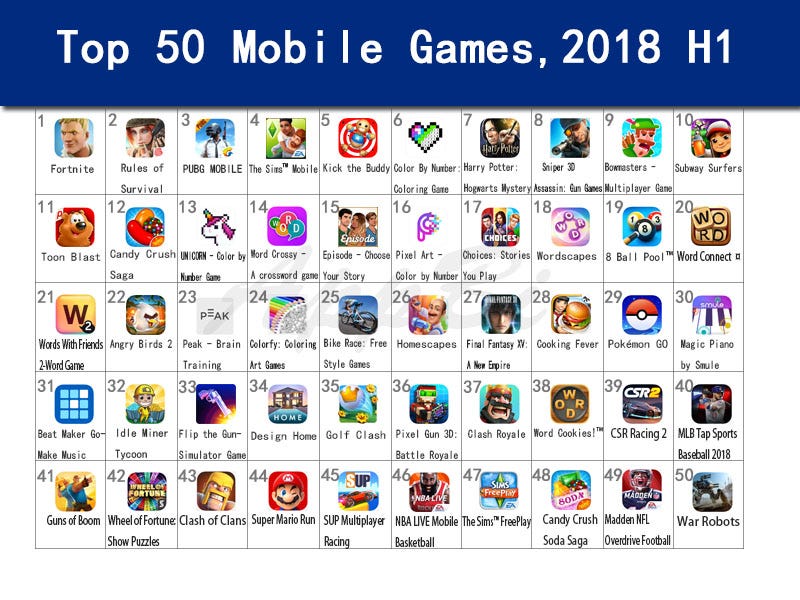
Thus, this category generates some revenue to the App Store, but much of the revenue generated by this category is exempt from the App Store platform fee. Netflix) don’t at all, and most at least offer a web-based payments system. While these apps can use Apple’s payments tools to charge users for subscriptions - and they must pay the App Store platform fee when they do so - the largest of these (eg. These apps provide access to a previously-purchased or subscription-gated catalogue of content. Reader apps (Netflix, Spotify, HBO Max, Youtube TV, etc.).These apps don’t pay a platform fee on revenues generated from within the app because the goods and services they provide to users are fulfilled non-digitally Apps that deliver fulfillment non-digitally (Uber, Airbnb, Skyscanner, Doordash, etc.).These exemptions are applied by category: The App Store is a mobile games distribution business: the vast majority of App Store revenues are generated by in-app purchases from games because most other app categories are already exempted, effectively or explicitly, from paying a platform fee. By contrast, over 80% of all consumer accounts generate virtually no revenue, as 80% of all apps on the App Store are free.

These gaming-app consumers are primarily making in-app purchases which is the focus of Epic Games’ claims. This 70% of revenue is generated by less than 10% of all App Store consumers. Generally speaking, on a revenue basis, gaming apps account for approximately 70% of all App Store revenues.
Thus, defining the market to focus on gaming apps is appropriate. Apple lawsuit forces clarity on the convoluted patchwork of rules governing platform fee applicability by expressly acknowledging the beating heart of the App Store economy:įurther, the evidence demonstrates that most App Store revenue is generated by mobile gaming apps, not all apps. One passage in the 185-page ruling issued last week in the Epic Games v.


 0 kommentar(er)
0 kommentar(er)
